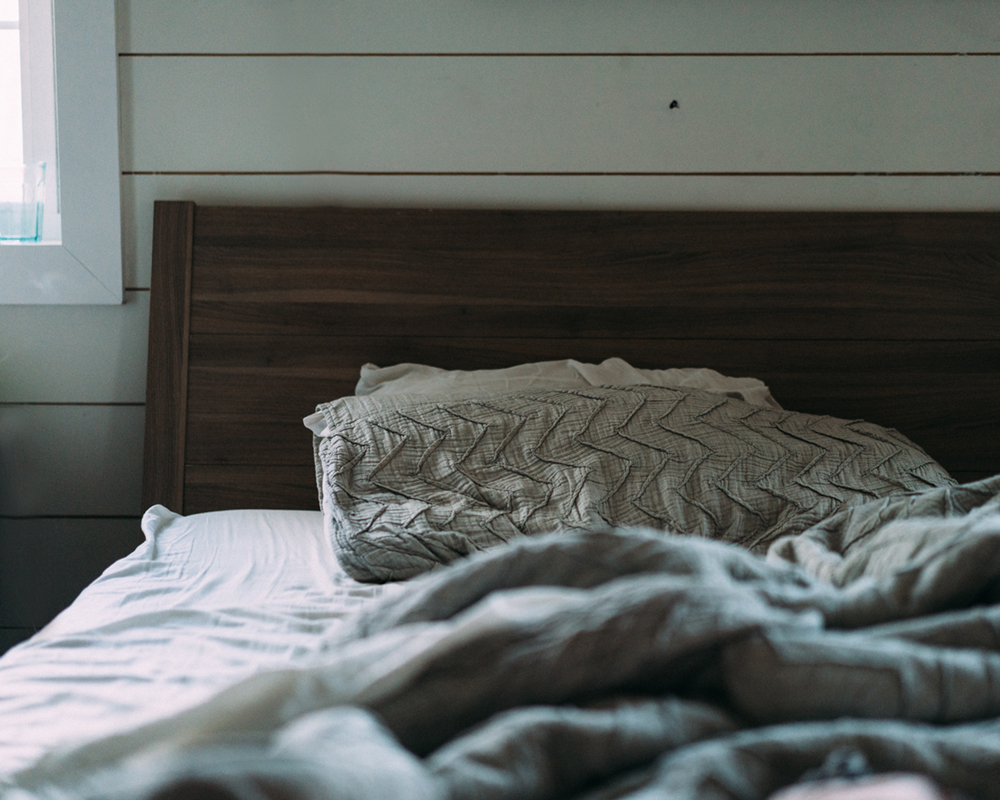A Disturbing New Trend
The human body needs sleep, just as it needs air and food. During this time, you are able to restore chemical balances and heal, while writing the day’s events into your memory. While everyone struggles to get a full eight hours every once in a while, a troubling trend has emerged that is more serious: intentional sleep deprivation. Some individuals are intentionally depriving themselves of sleep, creating long term consequences in pursuit of a temporary high.
Study Reveals Motivation Behind Sleep Deprivation
A new study from the University of California, Berkeley and Harvard Medical School analyzed the effects of sleep deprivation on young adults. Researchers reviewed fMRI data to review the brains of young adults, half of whom had slept normally and half of whom had not slept in 30 hours. What they found was shocking.
“We found their pleasure circuitry got a big boost after a missed night’s sleep, but that same neural pathway may also lead to risky behavior,” stated study co-author Ninad Gujar.
This effect is due to increased activity in the brain’s mesolimbic pathway, which is driven by dopamine – it is linked to the reward center (including cravings and addiction), memory, problem-solving, and attention.
When the brain is functioning properly, it “finds the sweet spot on the mood spectrum,” said Gujar. “But the sleep deprived brain will swing to both extremes, neither of which is optimal for making wise decisions.”
Put simply, sleep is not a luxury that we can choose to take or abstain from. It is a biological need – without it, there is only so far that the body will stretch before it snaps.
Health Problems Associated with Sleep Deprivation
It is no secret that sleep deprivation causes serious health consequences. However, the extent of these issues may be underestimated by many. They do not merely consist of the lack of sleep and the benefits attributed to it. Instead, extended wakefulness disrupts one’s cognitive and emotional abilities, while also causing health problems. Physical issues created by sleep deprivation include:
- Weakened immune system, increased likelihood to get sick
- Risk for diabetes (higher blood sugar levels)
- High blood pressure
- Weight gain, more likely to overeat
- Risk of heart disease
- Reduced balance and coordination
- Mental problems
- Increased chance of early death
Mental Consequences of Poor Sleep
Interestingly, mental effects differ depending on whether sleep deprivation is acute or chronic. For example, sleepiness increases in instances of acute SD, but not for those with chronic sleep issues.
Worsened attention impairment accumulates with a greater amount and/or longer duration of sleep deprivation. The typical difficulties on attention-measuring tasks are called microsleeps or lapses. Individuals tend to experience erratic attention maintenance, meaning that their attention is sustained, lost, reestablished, and then lost again, jeopardizing task performance. The total amount time spent awake reliably predicts these effects.
Sleep deprivation also impacts dopamine receptor sensitivity and availability in the basal ganglia regions of the brain. This means that the reward system is hypersensitized by acute sleep deprivation. It triggers an increase in reward sensitivity that impairs the ability to accurately weigh decisions.
Make Sleep a Priority
Because the consequences of sleep deprivation include increased risk-taking and impulsivity, this trend is especially dangerous for those in addiction recovery. At Pine Grove Behavioral Health & Addiction Services, we understand how to help you, whether you’re struggling to break free of addiction, battling a sleep disorder, or searching for mental health care. To learn more about how to get a good night’s sleep, contact Pine Grove today.

